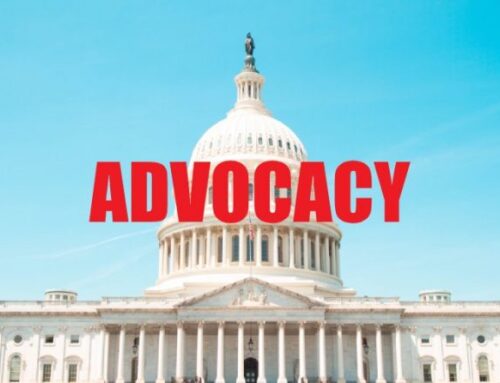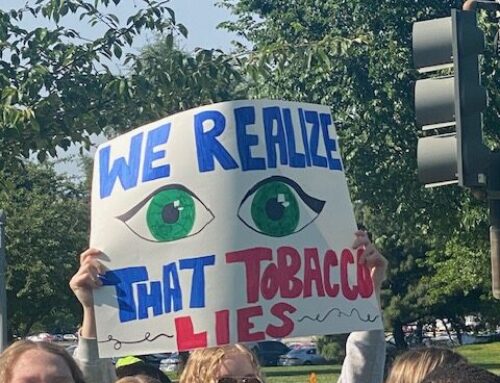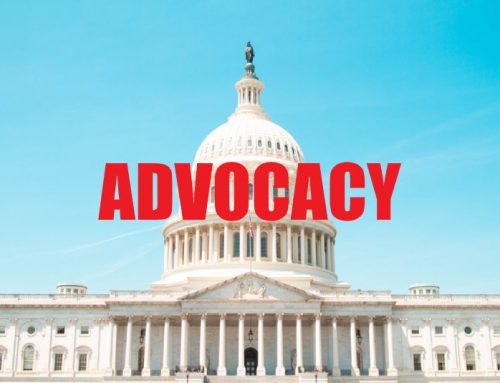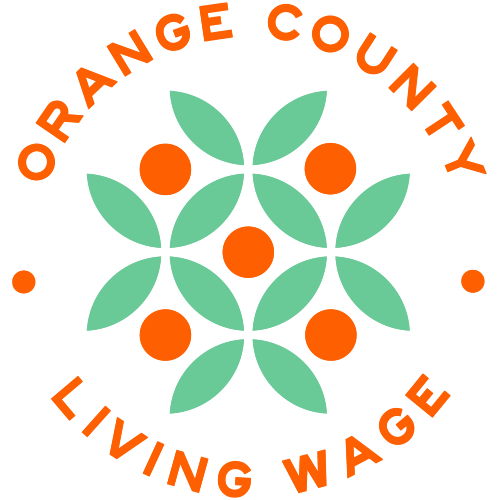Excerpt:
We are writing to express our strong support for H.R. 2339, the Reversing the Youth Tobacco Epidemic Act of 2019. Your legislation will address the current youth e-cigarette epidemic that is threatening to undermine the progress that has been made in reducing youth cigarette use and also reduce youth use of other tobacco products. Your bill’s comprehensive approach to reducing tobacco use will protect public health and save lives.
The bill’s prohibition on flavored tobacco products that appeal to kids, including flavored ecigarettes, flavored cigars and menthol cigarettes, is especially critical to stop tobacco companies from continuing to target and addict kids with enticing flavors. Youth use of ecigarettes spiked in 2018, increasing by 78 percent among high school students and 48 percent among middle school students in just one year. In 2018, more than 3.6 million middle and high school students were e-cigarette users. The FDA and the US Surgeon General have both called this alarming rise in youth e-cigarette use an “epidemic”. It is clear that flavors, including kidfriendly flavors like gummy bear and cotton candy, play a significant role in attracting youth to these products. Ninety-seven percent of youth e-cigarette users report using a flavored ecigarette in the last month.
Your proposed action to prohibit menthol cigarettes is critically important. Menthol cools and numbs the throat and reduces the harshness of tobacco, making it easier and more appealing for youth to start smoking. Over half of youth smokers – and seven in ten African American youth smokers – smoke menthol cigarettes. Eighty-five percent of all African American smokers smoke menthol cigarettes, which is the result of decades of pervasive tobacco industry marketing targeting the African American community. A 2013 FDA analysis concluded that menthol cigarettes increase youth initiation, increase nicotine addiction, and make it harder for smokers to quit.
Read Full Letter of Support for the Reversing the Youth Tobacco Epidemic Act of 2020





